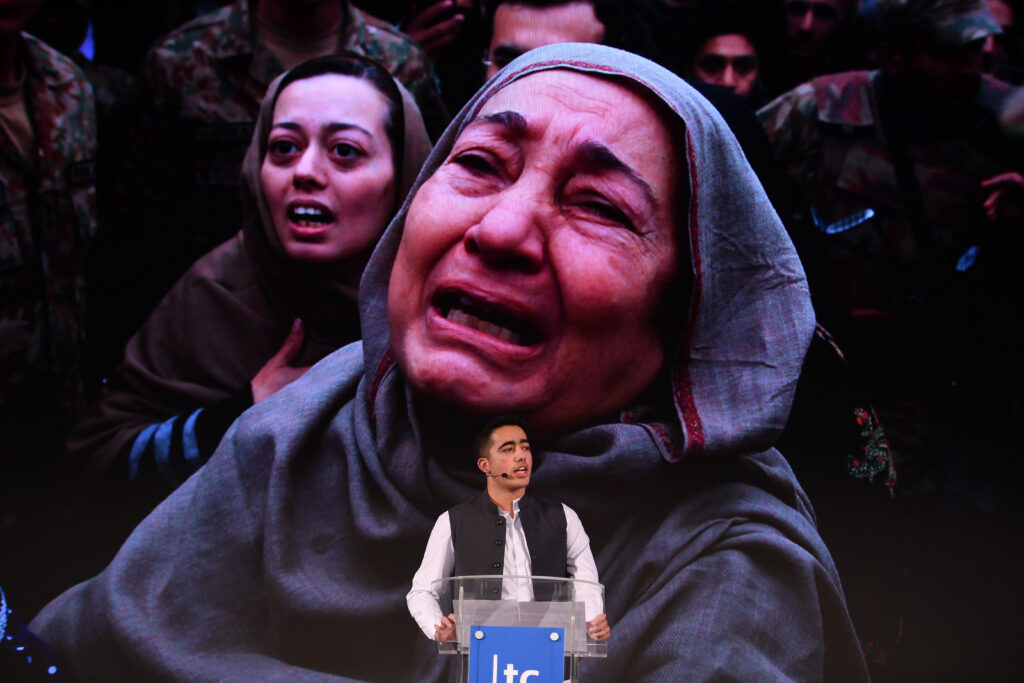
From the need to create more inclusive economies, to protecting media freedom, the complexity of preserving privacy in a digital age and the entangled relationship between fake news, elections and democracy, Trust Conference 2019 addressed some of the most urgent and relevant human rights issues of our time, whilst showcasing the wider range of the Thomson Reuters Foundation’s work under new CEO, Antonio Zappulla.
Held over two days in the heart of London, the annual Trust Conference convened 600 people from all over the world, including global experts, frontline activists as well as giants of business, technology and philanthropy. In addition to panel discussions provoking heated debate, ‘Innovation Spotlights’ displayed cutting-edge solutions to some of the most pressing human rights violations and ‘Stories from the Frontline’ brought the experiences and insights of human rights defenders and leading experts to the audience. With Trust Conference trending on Twitter, it also fuelled animated discussions on social media, engaging audiences all over the globe.
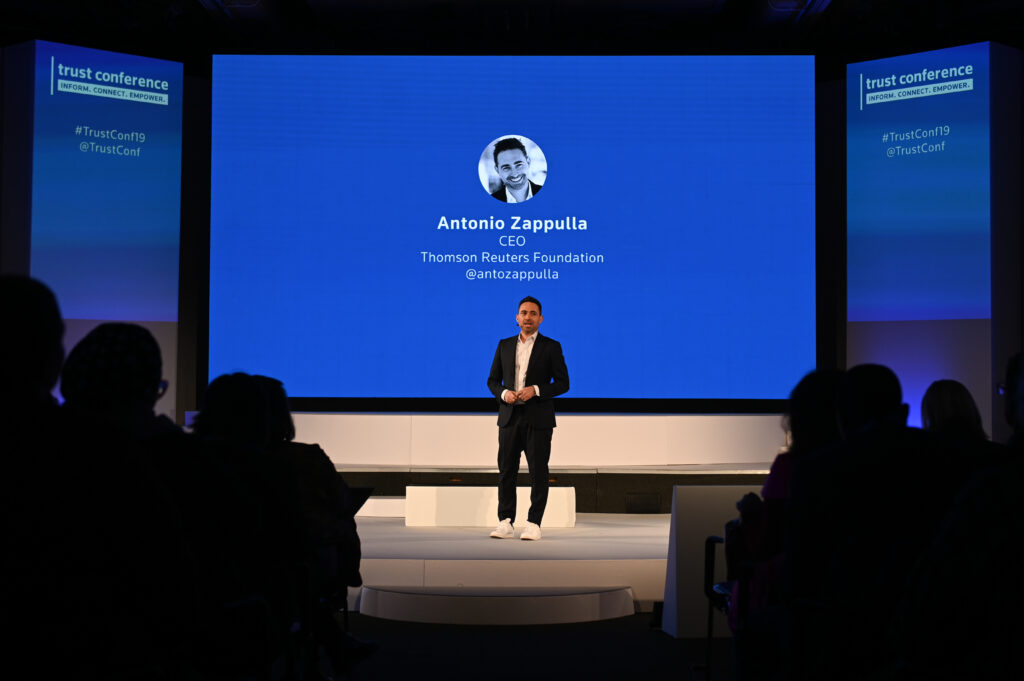
Whether you want to re-live Trust Conference again, or learn about it for the first time, check out seven highlights from this year’s forum:
1. Delegates heard from those turning lived experiences into powerful activism
Ahmad Nawaz lost his brother and was severely injured in a Taliban attack on his school in Pakistan at the age of 14. Uyghur-American Ferkat Jawdat left his native Xinjiang 13 years ago in search of a better life in the United States, unaware that he would not see his mother again or that she would spend more than 15 months in a Chinese ‘re-education’ camp. GeumHyok Kim made the heart-breaking decision to leave his family and native North Korea behind to live a life where free speech and thought are not punishable by death. All three of these inspirational individuals shared their journeys from trauma to activism with a gripped audience on both days of Trust Conference.
2. Cutting–edge innovations to human rights issues were showcased
From using 3D mapping technology to analyse photos and videos to create accountability for human rights abuses, to training survivors of human trafficking to become Silicon Valley coders, solutions to many of the issues addressed throughout Trust Conference were brought to life across the two days.
3. Global icons shared their vision for an economic system that leaves no one behind
Tina Tchen, President and CEO of TIME’S UP, told us that gender equity is the building block of fairer economies, with countries that fail to educate girls at the same rate as boys potentially losing up to 1 billion dollars of GDP a year.
Writer and disability campaigner Sinéad Burke said inclusivity was “about more than asking the 1% to give their income to restructure the system – it’s about burning that system down and building a new one.”
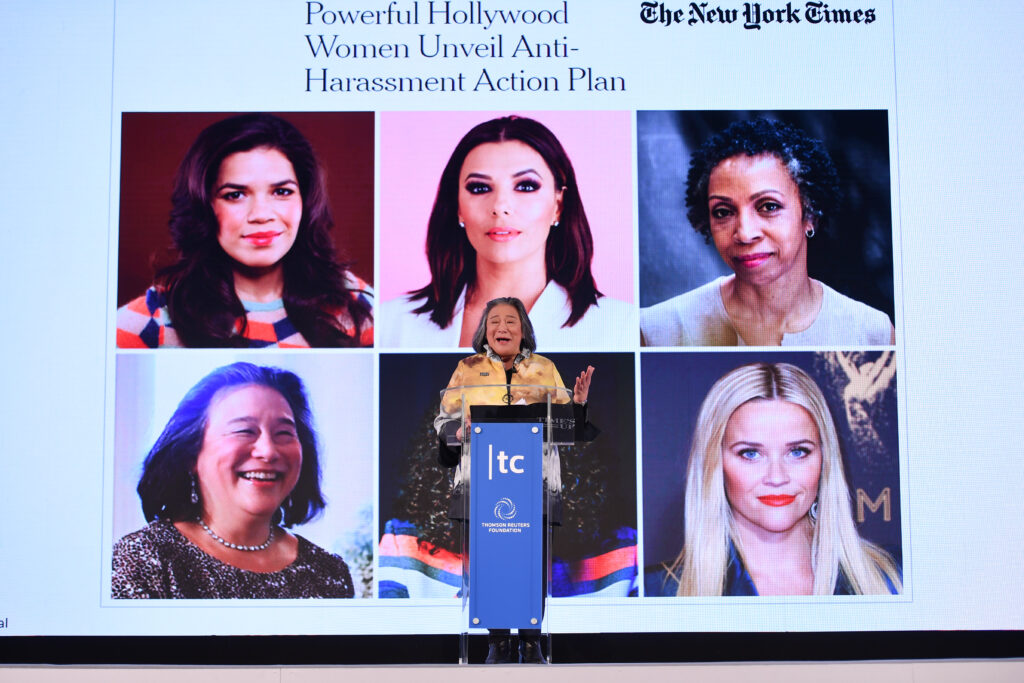
4. Tech giants answered tough questions on digital disinformation
With the UK general election around the corner and Twitter announcing its ban on political advertising, the scene was set for a fascinating debate between Richard Allan, Vice President of Policy Solutions at Facebook, Madhav Chinnappa, Director of Google’s News Ecosystem Development, and Jenni Sargent, Managing Director of First Draft – an organisation working to address relating to truth in the digital age.
Questions including when does political propaganda turn into deliberate disinformation, and whose responsibility it is to distinguish the real from the fake, were grappled with in what is seen to be one of the most complex modern-day human rights issues.
5. The Trust Conference Changemakers took to the stage for the first time
Six of our 56 Changemakers, selected from more than 5,000 applicants from all over the world, were invited on stage with Senior Reporter at TIME, Suyin Haynes, to share their insights into working on the front lines of human rights and what being a Trust Conference Changemaker has meant to them.
6. Titans of journalism discussed challenges of telling the truth in a post-truth era
With the Reuters Institute for the Study of Journalism’s Digital News report highlighting that 70% of people in the UK – with the number rising up to 80% in Brazil – are worried about the ability to distinguish real from fabricated news online, the challenge of operating a media organisation in a post-truth environment is one known all too well by Dean Baquet, Executive Editor of The New York Times, and Stephen Adler, Reuters Editor-in-Chief.
So what can be done? Adler called for media literacy training for young people to ensure they can be “better judges of what to value and what not to”, with Baquet stressing the importance of “relentlessly pursuing the facts and making them available in every form people want to consume them.”
7. And journalists spoke from personal experience about how media freedom is under attack
Maria Ressa, Jason Rezaian, Matthew Caruana Galizia and Natalia Morari have personally suffered, and continue to suffer, for reporting the truth. Rezaian spoke about how he was imprisoned in Iran for 544 days whilst heading The Washington Post Tehran bureau, with Ressa touching upon the multiple lawsuits she is facing for her investigative journalism in the Philippines. The risks these journalists take to bring us the truth was highlighted by Morari when she recited the harrowing threats she has received for TV8’s reporting on corruption in Moldova, with Caruana Galizia bravely addressing his family’s continued fight for justice for his mother, Daphne Caruana Galizia, a journalist who was assassinated using a car bomb in Malta in 2017. A two-minute standing ovation was a fitting end to a panel that will go down in Trust Conference history.
Jim Smith, Thomson Reuters CEO, also reiterated the importance of “truth, integrity and the freedom of expression”, referencing Reuters journalists Wa Lone and Kyaw Soe Oo’s imprisonment for reporting on the treatment of Rohingya Muslims in Myanmar.
To watch the videos of all the Trust Conference sessions subscribe to our Youtube channel, where we’ll be uploading content in the coming weeks and months.
Want to be the first to hear about Trust Conference 2020? Sign up to our newsletter.
More News
View All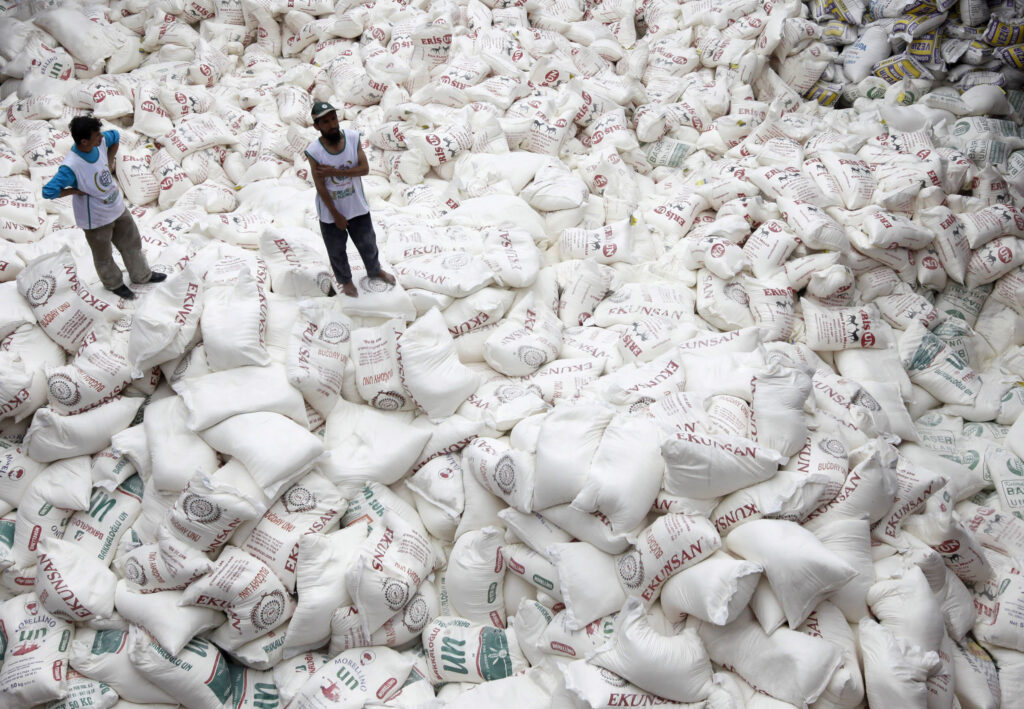
Legal needs are rising for NGOs amid attacks on civil society and funding cuts, our latest report finds
Our new report finds that legal needs amongst NGOs have risen significantly over the last…
Read More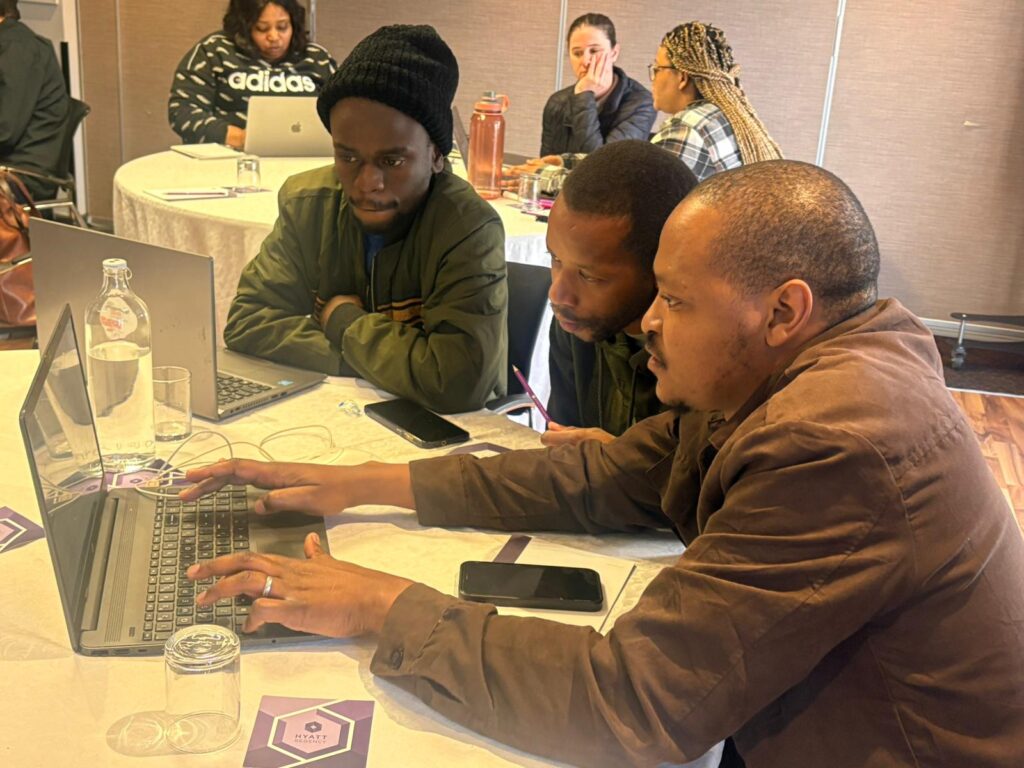
How South African newsrooms are benefiting from strategic and ethical AI adoption
We have…
Read More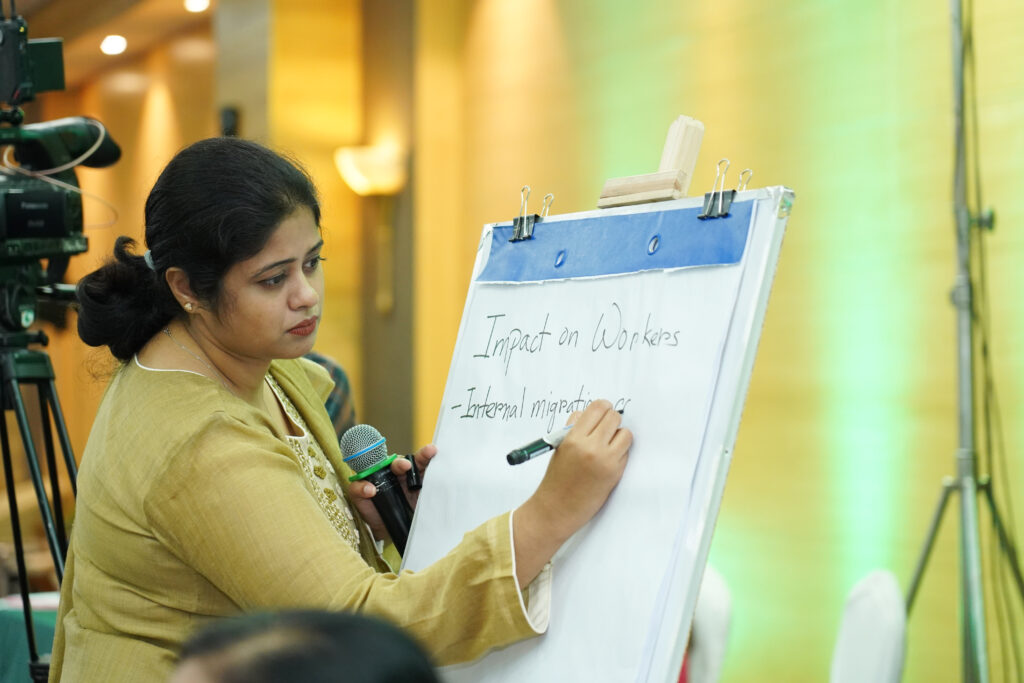
World’s largest dataset shows transparency gaps in AI adoption
The Thomson Reuters Foundation…
Read More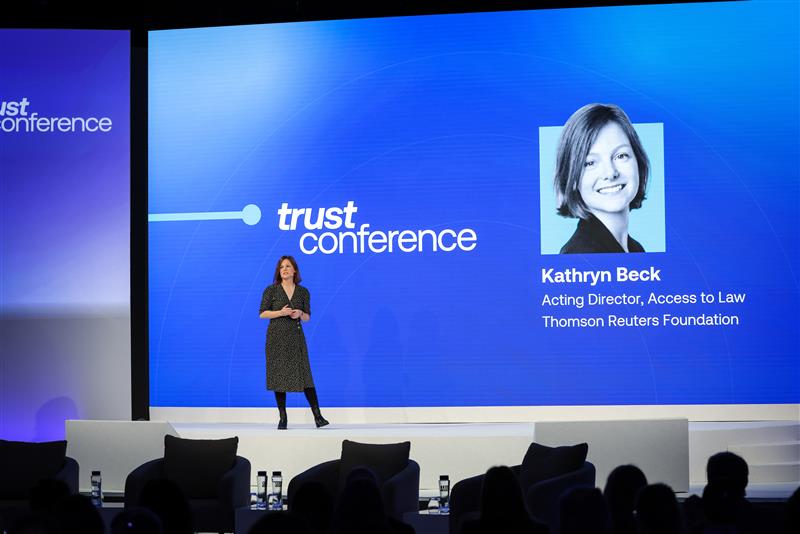
The authoritarian playbook in action: Insights from Trust Conference 2025
Learn our Acting…
Read More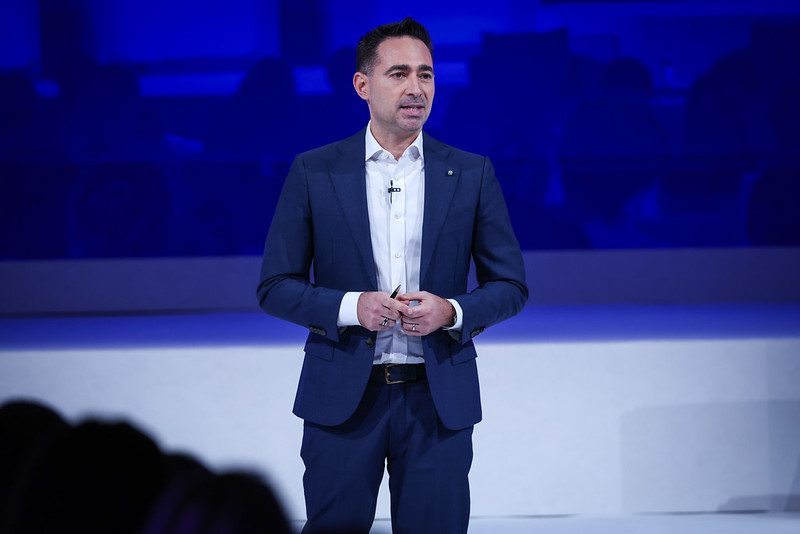
Antonio Zappulla: Technology is redefining power, information and influence. What is at stake?
View our CEO Antonio Zappulla’s opening remarks for Day Two of Trust Conference…
Read More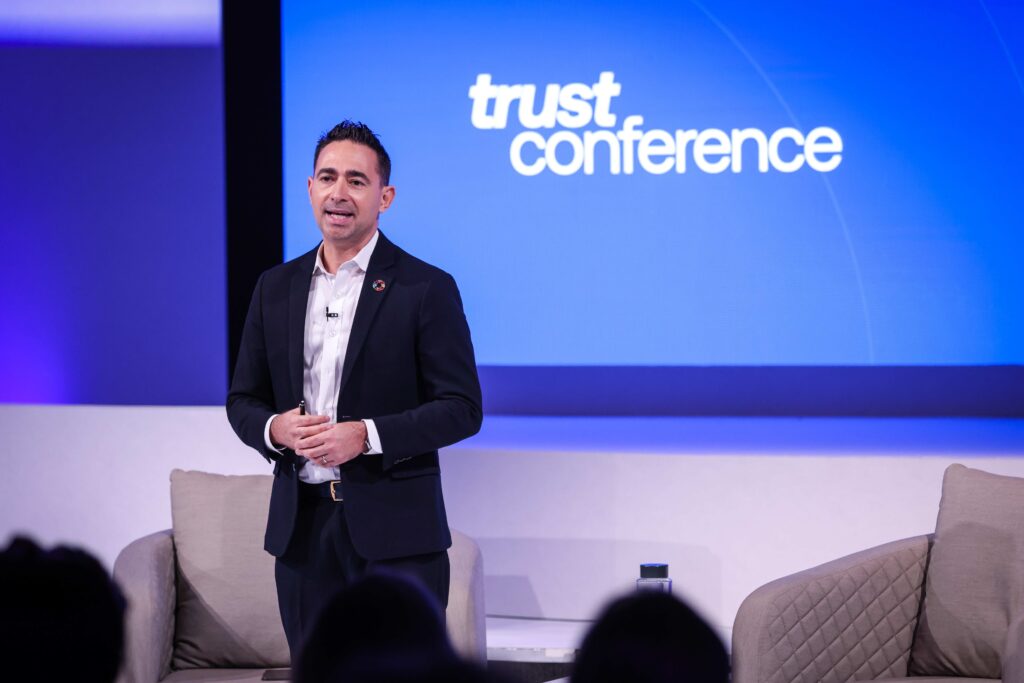
Antonio Zappulla: Three key drivers are reshaping the world and eroding democracy
View our…
Read More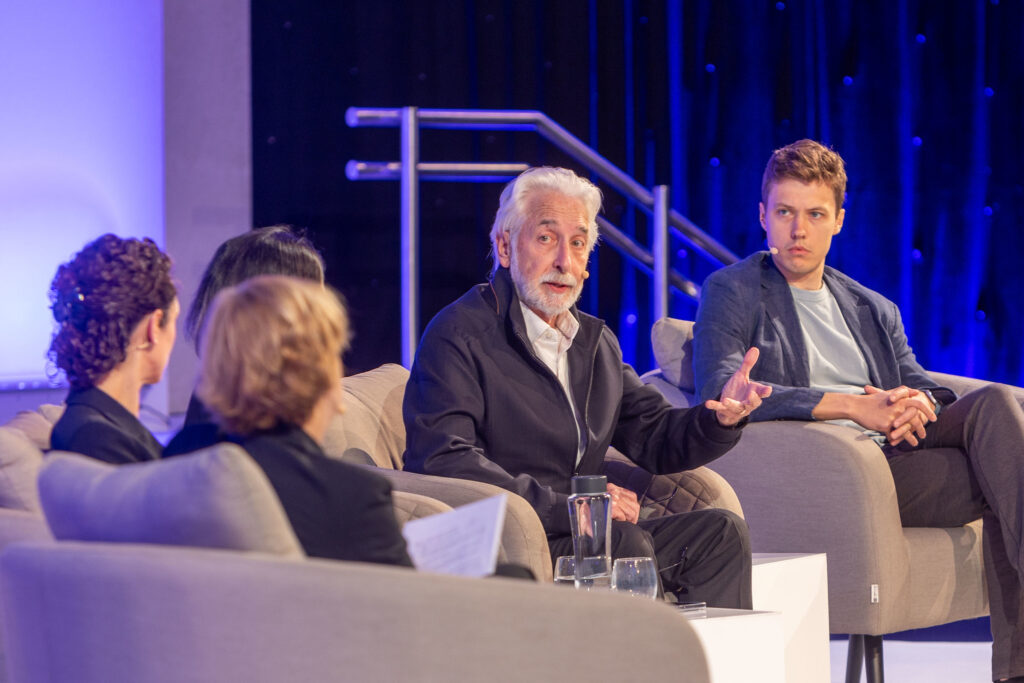
Trust Conference 2025: Disinformation, lawfare and aid cuts — Civil society’s fight for survival
Trust Conference, the annual flagship forum hosted by the Thomson Reuters Foundation,…
Read More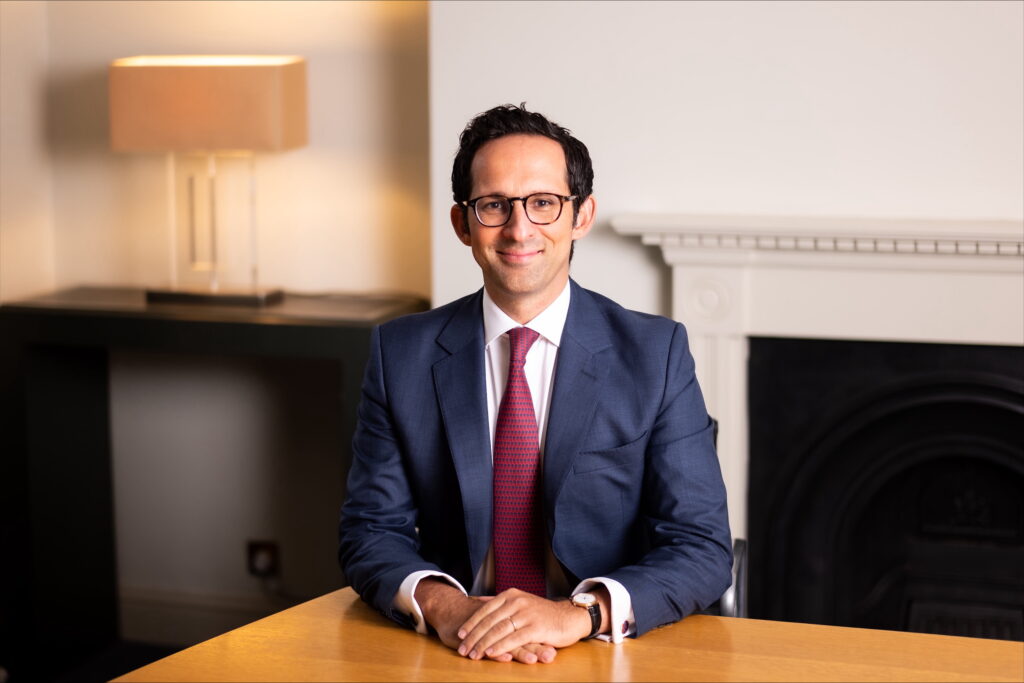
Professor Can Yeğinsu joins Thomson Reuters Foundation Board of Trustees
We are delighted to…
Read More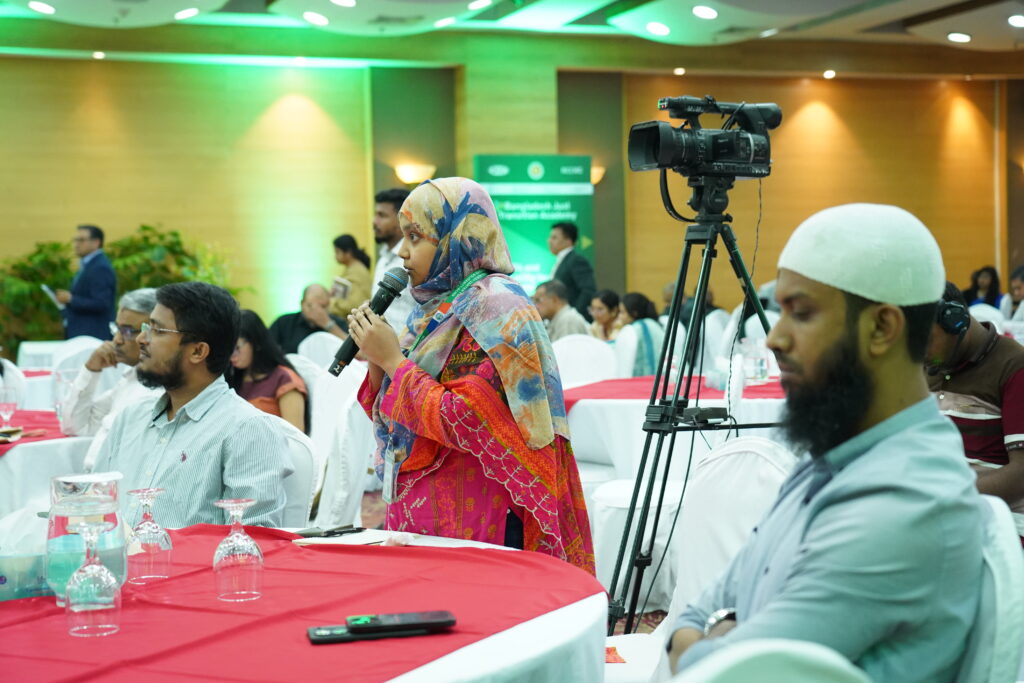
Top priorities for Just Transition in Bangladesh
In one of the world’s most climate-vulnerable countries, a just…
Read More
AI Company Data Initiative drives transparency on corporate AI adoption
Now open for company…
Read More

